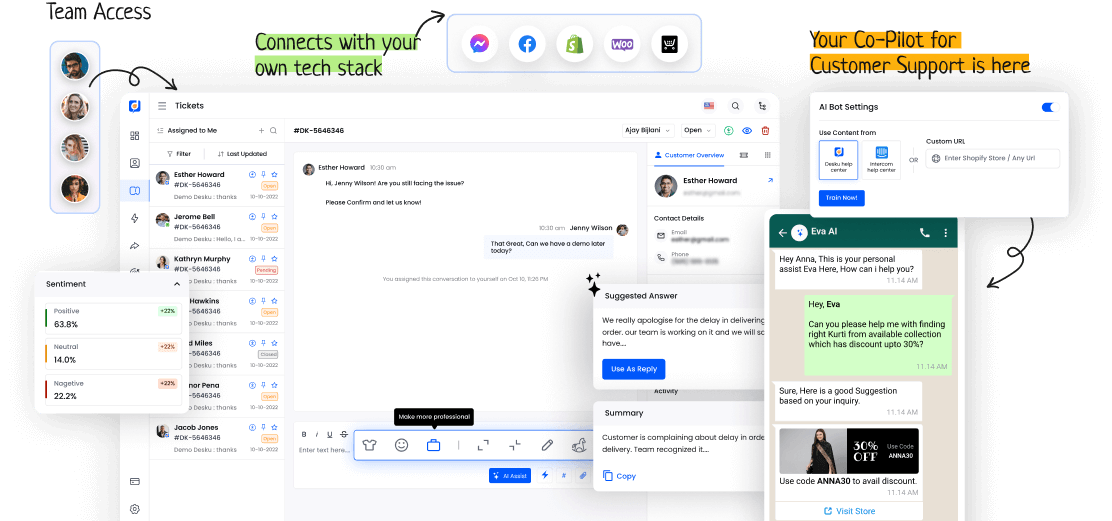In the world of group dynamics, agent roles are vital. These roles are the foundation of a group working well. They capture the spirit of representing and making choices within a team.
Still, understanding an agent role takes more than just knowing who does what. It's about diving into the many aspects that give it meaning and influence the group.
I. Definition of an Agent Role
- Defining the Agent Role
- An agent role is a fixed spot in a group. It lets people act for the group in certain ways. These roles have clear features. They include showing the group in a good light, making choices that match the group's aims, and talking well with others involved. Agents carry tasks that help the group's success and good name.
II. Different Types of Agent Roles
What makes agent roles in a group different? Their duties and how well they do them set them apart. Duties can range from helping customers to selling products.
How fast they respond, how happy the customers are, and how many sales they make are ways to measure their work. It's important to know these differences to make the team work best and make sure each agent helps reach the group's goals.
III. Importance and Functions of Agent Roles
Agent roles are vital in a team. They boost the team's overall success and performance. Agents in organizations have important duties. These include making communication easier, solving problems, and acting for the team. Their effect on organizations is big. They keep teams together, effective, and efficient in reaching shared goals.
| Agent Roles' Value | Agents' Tasks | Duties of the Role |
|---|---|---|
| Boost team performance | Make communication easier | Solve problems |
| Keep team together | Act for the team | Reach goals |
| Boost organizational efficiency | Help team members | Make decisions |





